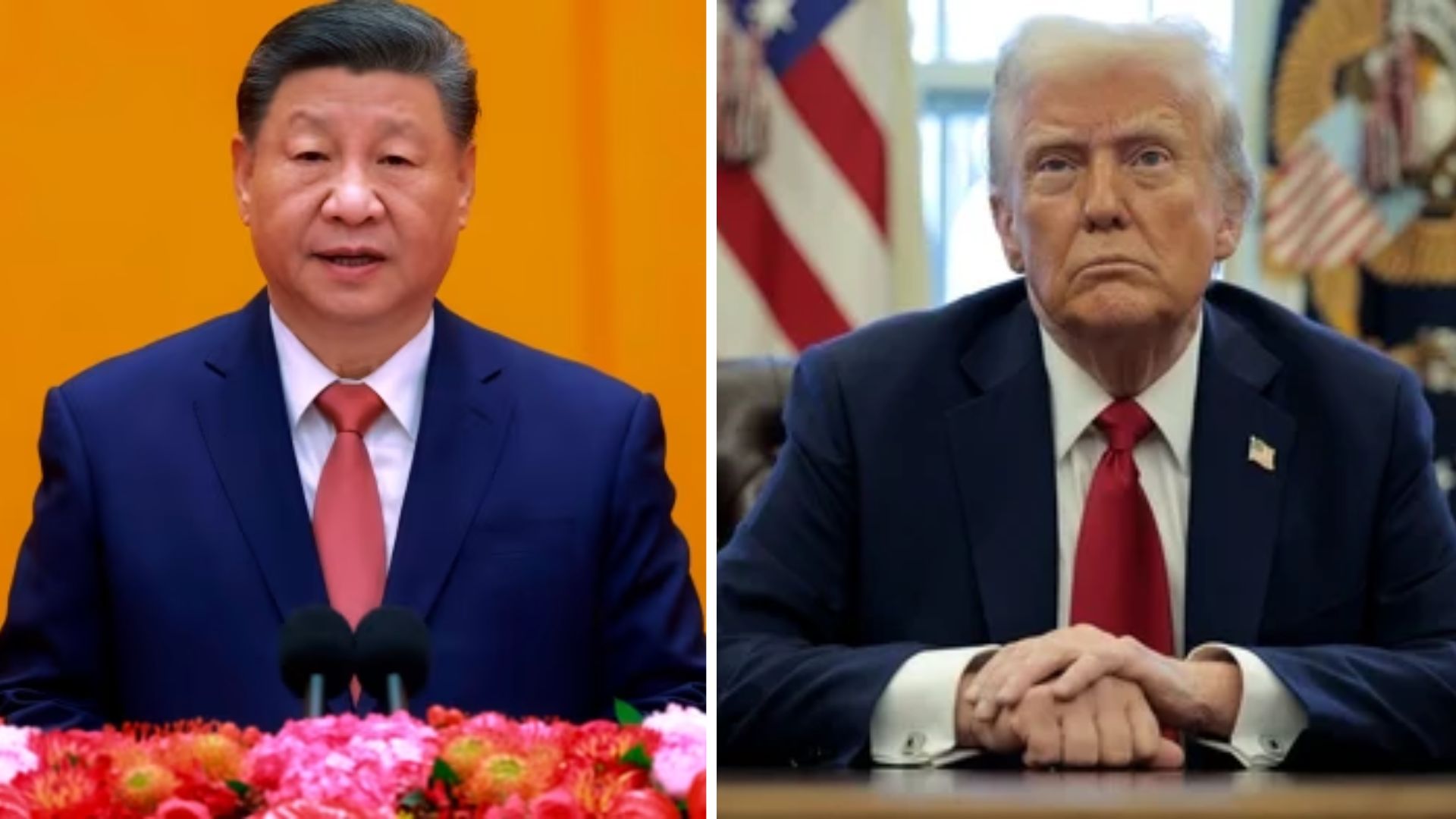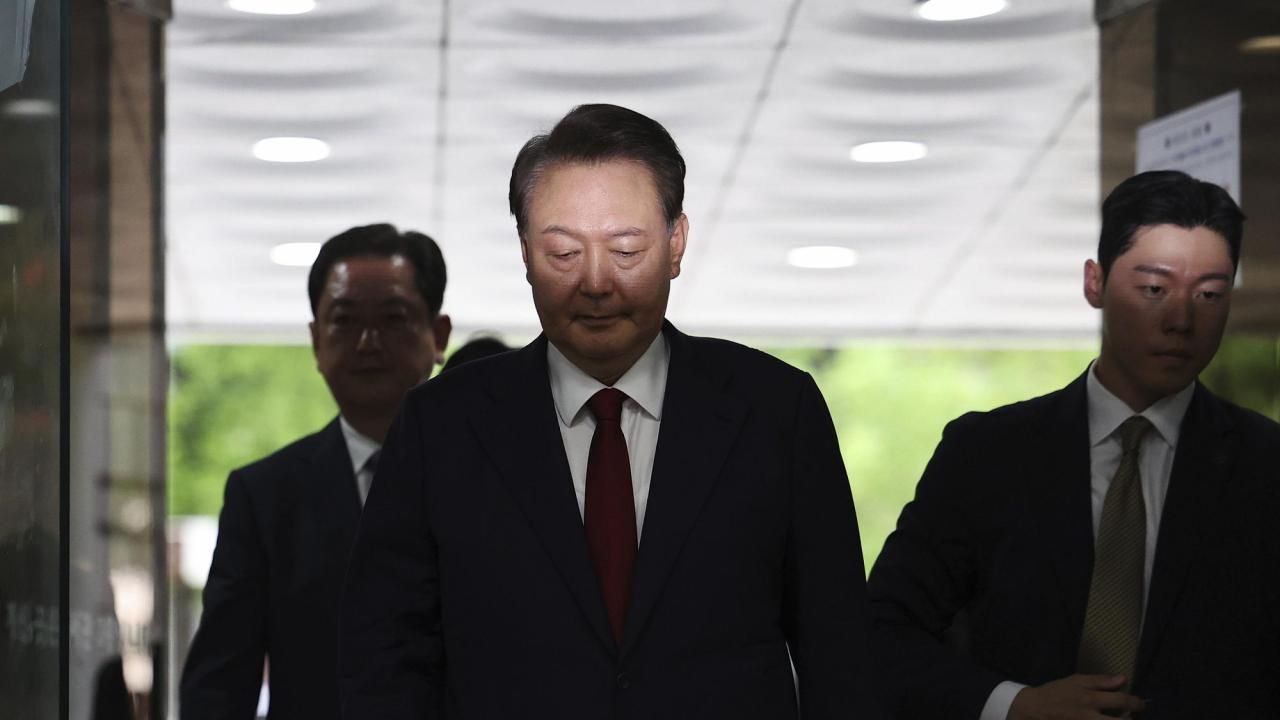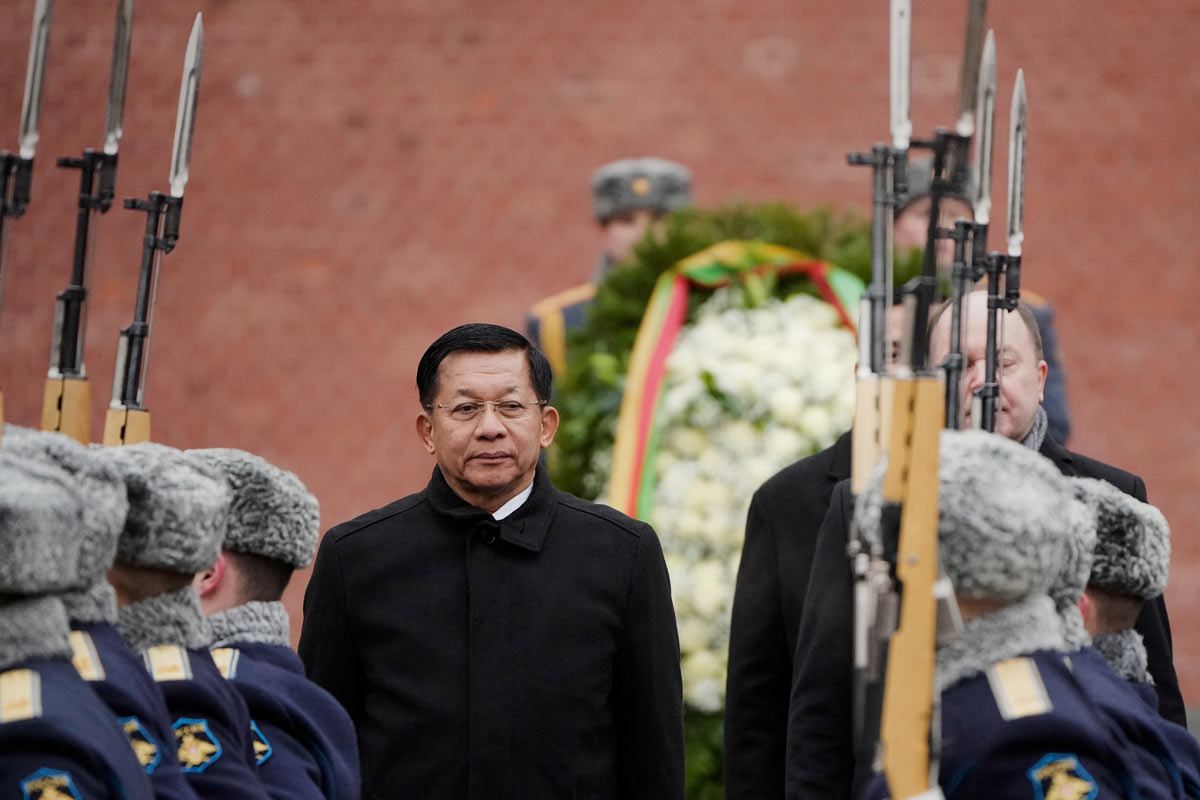(Reuters): The trade war between the two biggest economies was rekindled on Tuesday as China immediately retaliated to fresh U.S. tariffs by placing its own taxes on certain U.S. imports. After President Donald Trump repeatedly claimed that China was not doing enough to stop the flow of illegal drugs into the United States, the U.S. imposed a 10% tax on all Chinese imports, which went into effect at 12:01 a.m. ET.
China's Finance Ministry swiftly responded by declaring a 10% tax on crude oil, farm equipment, and some cars, as well as a 15% tariff on U.S. coal and LNG. This response came just minutes after the U.S. measures were put into place.
In addition to these tariffs, China also launched an investigation into Alphabet Inc. (Google’s parent company) over anti-monopoly concerns. The Chinese government added U.S. companies like PVH Corp, the parent company of Calvin Klein, and Illumina, a U.S. biotechnology firm, to its "unreliable entities" list.
Additionally, China's Customs Administration and Commerce Ministry imposed additional export restrictions on vital metals and rare earths needed for high-tech devices and the clean energy transition. These controls are expected to have a major effect on industries that rely on these materials.
There is a brief window of opportunity for the two governments to come up with a potential solution before the tariffs on some U.S. goods take effect on February 10. The meeting between President Trump and Chinese President Xi Jinping later this week could have an impact on future trade policies.
This latest round of tariffs continues the trade conflict that began in 2018 when President Trump took significant measures to address the U.S. trade deficit with China. China's retaliatory actions in reaction to the original tariffs harmed hundreds of billions of dollars' worth of commodities and disrupted global supply networks.
Given that the ongoing trade war may worsen much further, Oxford Economics has reduced its forecast for China's economic growth. The article emphasizes that additional tariffs will most likely be implemented in the coming months because tensions are still high.
Unless China takes more aggressive steps to stop the flow of fentanyl, a powerful and dangerous narcotic, into the United States, Trump has made it clear that U.S. tariffs will keep rising. On Monday, he warned that the tariffs would rise substantially if China failed to address the fentanyl issue.
China claims that the fentanyl trade is a U.S.-specific problem and has denied any involvement in it. Though it has left the door open for further talks, Beijing has stated its determination to contest the U.S. tariffs at the World Trade Organization (WTO).
The trade in crude and LNG has been an important aspect of China's continuous trade dynamics, despite the fact that the United States only provided 1.7% of China's total oil imports in 2024. The United States provides about 5% of China's LNG imports.
Crude oil prices dropped 2% following the levies, indicating investor apprehension over the trade dispute's effects. There were some declines in Hong Kong's financial markets as well, with stocks reversing gains in the face of growing uncertainty.
The Mexican peso, Canadian dollar, Australian dollar, Chinese yuan, and euro all witnessed decreases in value, but the value of the U.S. dollar increased. These fluctuations are a reflection of growing worries about how a lengthy trade war will affect the global economy.
In contrast to the U.S.'s agreements with Canada and Mexico, Gary Ng, a senior economist at Natixis in Hong Kong, pointed out that it is far more difficult to reach an agreement with China on the political and economic problems brought up by President Trump. There is little hope that the trade issue will be resolved quickly.
Ng cautioned that even if the United States and China are able to come to an agreement on certain problems, tariffs would still be a common tactic in future talks, which would raise market volatility in the upcoming year.
Meanwhile, Trump's threats of tariffs on Canada and Mexico were temporarily withdrawn. Trump agreed to a 30-day moratorium on 25% tariffs on imports from certain countries in exchange for border security and initiatives to combat drug trafficking and illegal migration.
Trump has asked for more border enforcement measures, and both Mexican President Claudia Sheinbaum and Canadian Prime Minister Justin Trudeau have indicated that they are eager to work on them. Enhanced collaboration in combating money laundering, fentanyl smuggling, and organized crime are among them.
Canada will employ its better troops and technology along its border with the United States to block the flow of migrants and illegal drugs, while Mexico will fortify its northern border by increasing its National Guard by 10,000 members.
On social media, Trump expressed his happiness with the result and claimed that it was his duty to protect all Americans. He also commended Canada and Mexico for taking the first measures to meet his expectations.
Canadian industrial organizations, who had been concerned about supply chain disruptions, welcomed the tariff halt. "Very encouraging news," said Chris Davison, chairman of a Canadian trade association for canola producers, who cited the two nations' close economic ties.
In a broader sense, Trump hinted over the weekend that the European Union (EU) might be his next target for tariffs, although he did not specify when such measures would be implemented.
During an informal session in Brussels, EU leaders emphasized the importance of dialogue and reason, but they also hinted that they would be ready to fight against any U.S. tariffs. Any new trade restrictions are quite sensitive because the EU remains the United States' largest trading and investment partner.
By suggesting that the UK, which left the EU in 2020, could not face tariffs in the future, Trump also alluded to a potential improvement in trade ties with Britain.
Even though he admitted that his tariffs might have a short-term detrimental effect on American consumers, Trump maintained that they were required to address urgent concerns including immigration, drug trafficking, and the recovery of domestic businesses.
It's uncertain whether the US and China can come to a comprehensive agreement or whether additional tariffs will make the world economy worse. The persistently high degree of hostility between the two countries is the cause of this.












.jpg)
.jpeg)

.jpg)
-(1).jpg)
.jpg)
.jpg)
.jpg)
.jpeg)

.jpg)
.jpg)

.jpg)
.jpg)
.jpg)
.jpg)

